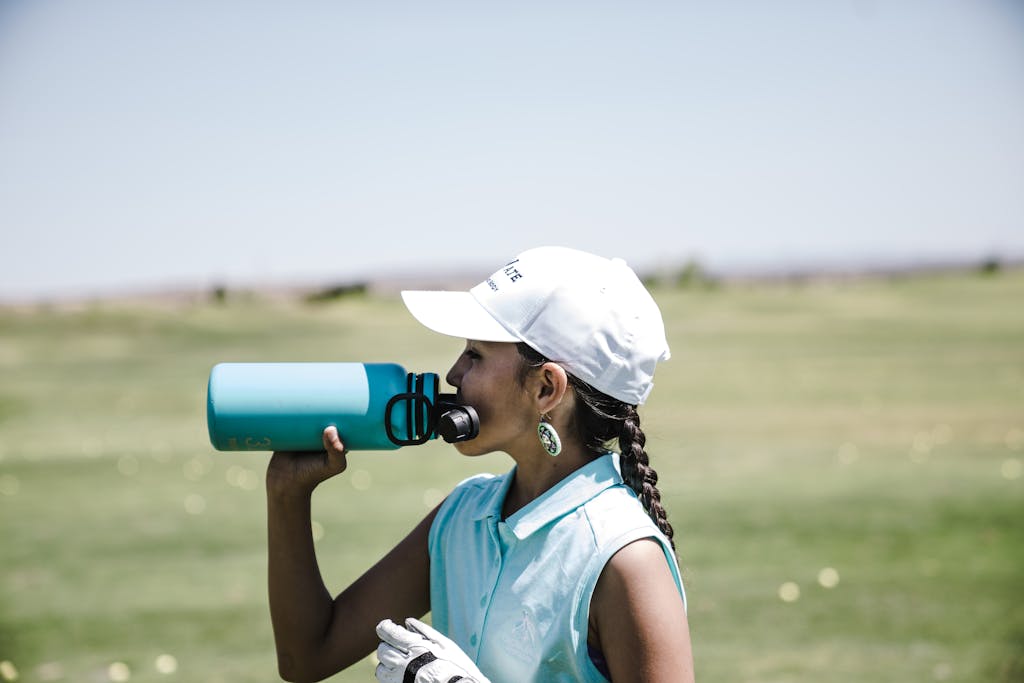Traveling can be an exciting adventure, but it’s essential to prioritize health and safety by packing the necessary medications and prescriptions. Being prepared with the right medical supplies can ensure a smooth and worry-free trip, especially when visiting new or remote locations. This article provides tips on what medications and prescriptions to pack, practical examples, and links to helpful resources.

Why Packing Medications and Prescriptions is Crucial
Whether you’re traveling domestically or internationally, having access to necessary medications can prevent health issues from derailing your trip. From managing chronic conditions to addressing unexpected illnesses, having the right supplies ensures that you are prepared for any situation. Additionally, some medications may not be readily available or accessible in certain destinations, making it crucial to bring them with you.
Essential Medications and Prescriptions to Pack
1. Prescription Medications
Benefits
- Consistency: Ensures that you continue your treatment without interruption.
- Availability: Some medications may not be available abroad or may have different names.
Tips
- Carry Enough Supply: Pack enough medication to last the entire trip, plus a few extra days in case of delays.
- Keep in Original Containers: Carry medications in their original packaging with prescription labels to avoid issues at customs.
2. Over-the-Counter Medications
Benefits
- Immediate Relief: Provides quick treatment for common ailments like headaches, allergies, and stomach issues.
- Convenience: Avoids the hassle of finding a pharmacy in an unfamiliar place.
Examples
- Pain Relievers: Ibuprofen or acetaminophen for headaches, muscle pain, or fever.
- Antihistamines: For allergies or allergic reactions.
- Antacids: For heartburn or indigestion.
- Anti-diarrheal Medication: Like loperamide, to manage diarrhea.
- Motion Sickness Remedies: Such as Dramamine or ginger tablets.
3. First Aid Supplies
Benefits
- Immediate Care: Allows you to treat minor injuries promptly.
- Preparedness: Ensures you have the necessary supplies for cuts, scrapes, and other minor injuries.
Examples
- Bandages and Gauze: For treating cuts and scrapes.
- Antiseptic Wipes: For cleaning wounds.
- Tweezers: For removing splinters or ticks.
- Hydrocortisone Cream: For itching or allergic reactions.
- Medical Tape: To secure bandages.
4. Specialty Medications
Benefits
- Specific Needs: Addresses unique health concerns or conditions that may arise during travel.
- Preventive Care: Helps in preventing specific illnesses, such as malaria.
Examples
- Altitude Sickness Medication: For trips to high-altitude destinations.
- Malaria Prophylaxis: For travel to malaria-prone areas.
- EpiPen: For severe allergic reactions.
Related Resource
For a comprehensive list of travel-related medications and health tips, visit the Centers for Disease Control and Prevention (CDC) Travelers’ Health page.
Tips for Traveling with Medications
1. Consult Your Doctor
Before traveling, consult your doctor to discuss any potential health risks and ensure you have the necessary prescriptions and medical advice.
Example
David, who has a history of asthma, consults his doctor before traveling to ensure he has enough inhalers and receives advice on managing his condition in different climates.
2. Pack a Medical Kit
Create a travel medical kit that includes all your essential medications, first aid supplies, and any specialty medications you might need. Learn more about how you can plan and optimize your travel first aid kits from our post here.
3. Know the Local Health Resources
Research the healthcare facilities and pharmacies available at your destination. Knowing where to go in case of a medical emergency can save valuable time.
4. Keep Medications Accessible
Always carry essential medications in your carry-on bag to ensure they are accessible and avoid issues with lost luggage.
5. Check Medication Regulations
Some countries have strict regulations on certain medications. Check the regulations of your destination country to avoid any legal issues.
Example
Sarah, who takes prescription anxiety medication, checks the regulations for her medication before traveling to Japan. She obtains a letter from her doctor and declares her medication upon entry to avoid any issues.
Final Tips for a Healthy and Safe Trip

- Stay Hydrated: Drink plenty of water, especially on long flights and in hot climates.
- Eat Healthily: Choose nutritious foods to keep your energy levels up.
- Rest Well: Ensure you get enough sleep to stay refreshed and alert.
By preparing adequately and packing the right medications and prescriptions, you can ensure a healthy and enjoyable trip. Remember to consult your doctor, pack thoughtfully, and stay informed about your destination’s regulations to avoid any health-related issues during your travels.
Related Sites for Further Reading
- Centers for Disease Control and Prevention (CDC) Travelers’ Health
- Travel.state.gov – Medications
- WebMD Travel Health
- Mayo Clinic Travel Health
- World Health Organization (WHO) International Travel and Health

